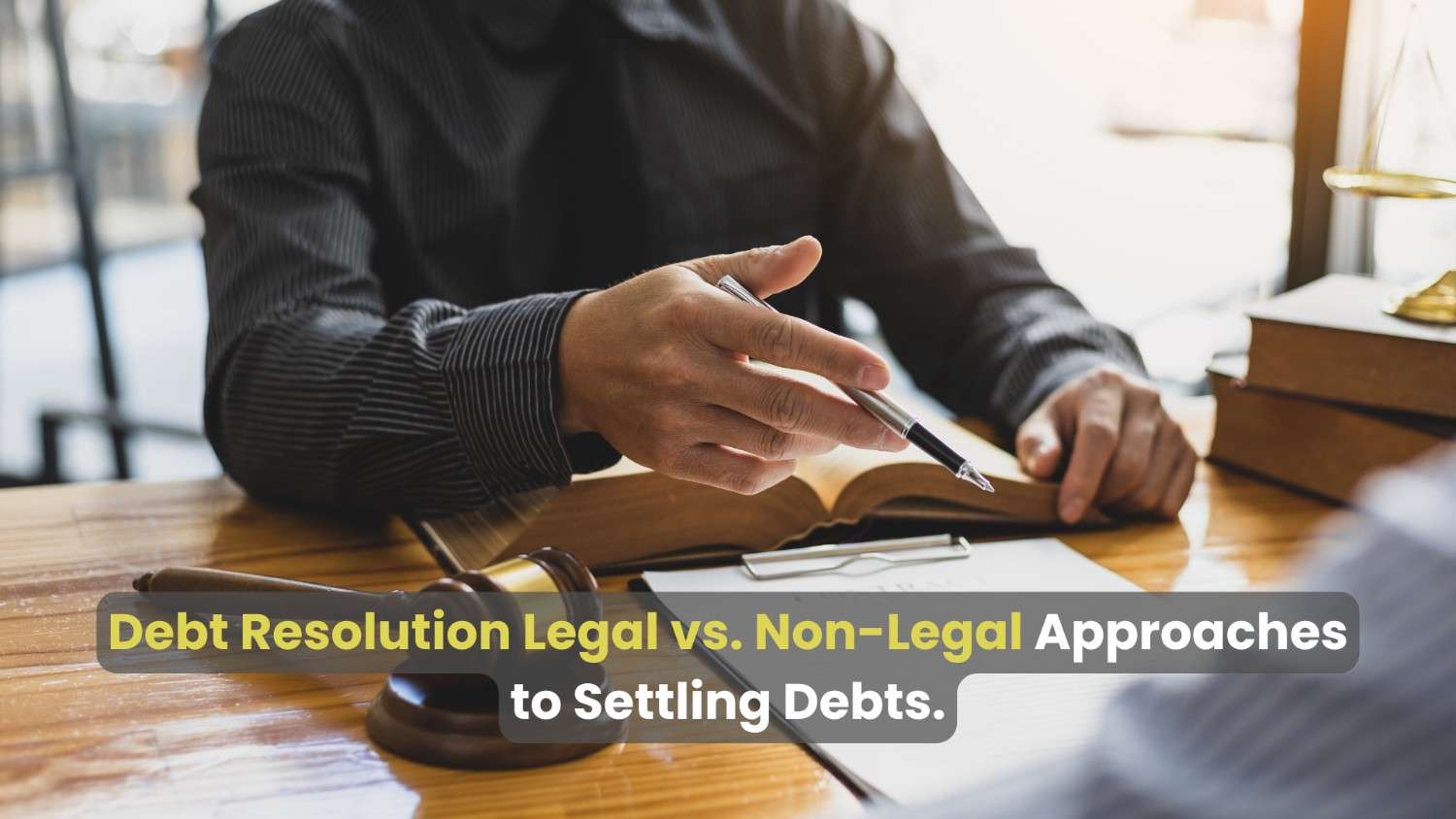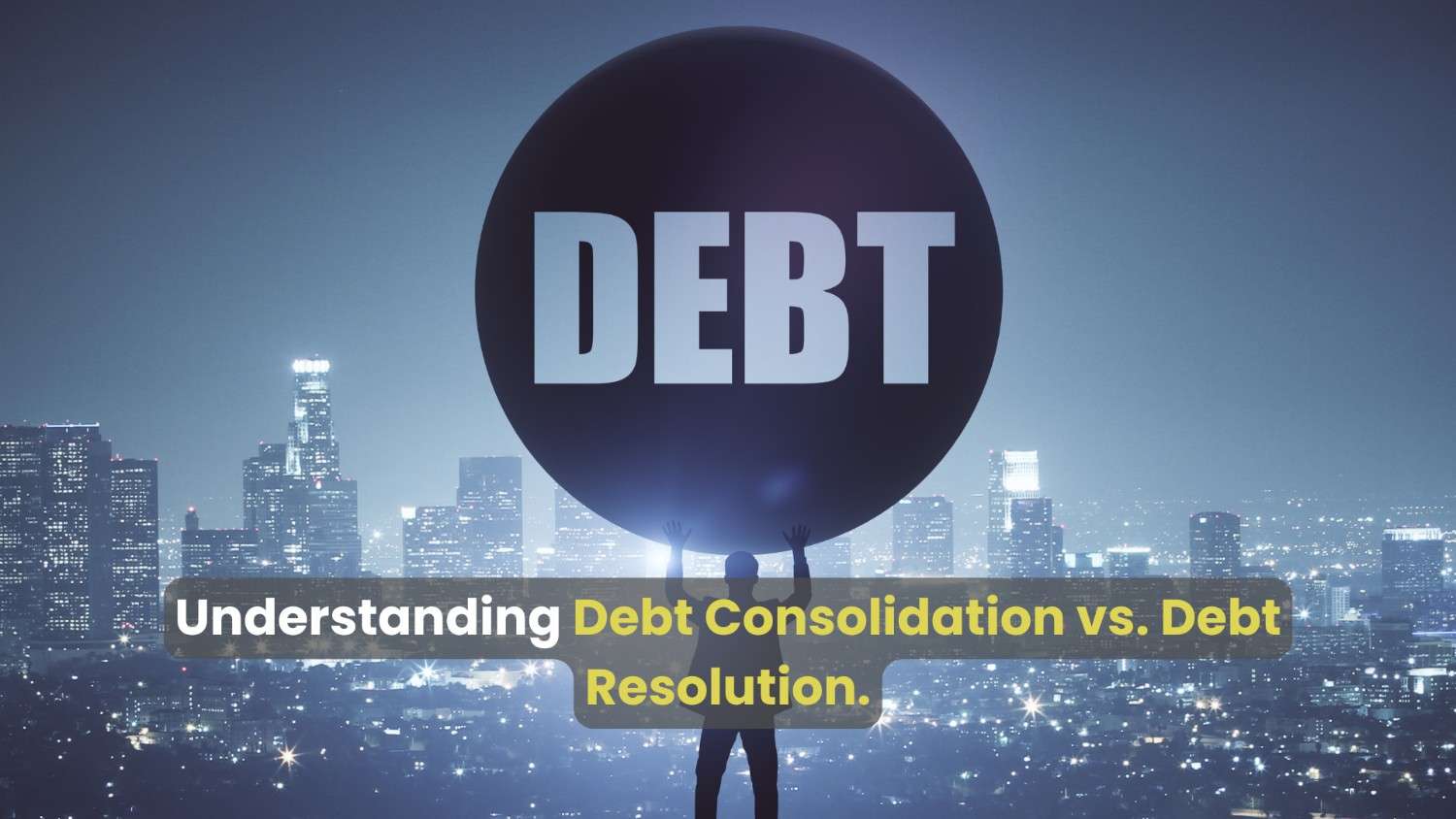· Debt Resolution · 3 min read
Legal Rights of Borrowers During Debt Resolution – Know Your Rights
Learn about the legal rights of borrowers during debt resolution. Understand fair debt collection practices, repayment options, legal protections, and how to handle debt disputes. Stay informed and protect yourself from unfair practices.

Legal Rights of Borrowers During Debt Resolution
Debt resolution can be a stressful process, especially if borrowers are unaware of their legal rights. Whether you are struggling with loan payments or facing aggressive debt collection, understanding your legal protections can empower you to handle the situation more effectively. This guide covers the essential legal rights of borrowers during debt resolution and how to exercise them.
What is Debt Resolution?
Debt resolution refers to the process of negotiating with creditors to settle or restructure outstanding debts. It can involve partial payment settlements, loan modifications, or formal legal proceedings such as bankruptcy. People seek debt resolution due to financial hardships, unexpected expenses, or economic downturns.
Legal Protections for Borrowers
Various laws protect borrowers from unfair lending and collection practices. The Fair Debt Collection Practices Act (FDCPA) and other consumer protection laws regulate how lenders and debt collectors interact with borrowers.
Right to Fair Treatment
Borrowers are legally protected from harassment, intimidation, or deceptive practices by debt collectors. Creditors cannot use abusive language, make threats, or repeatedly call at unreasonable hours.
Right to Dispute Debt
If you believe a debt is incorrect or fraudulent, you have the right to dispute it. Borrowers can request written validation from creditors, and debt collection must pause until verification is provided.
Right to Transparent Communication
Lenders must clearly disclose all loan terms, including interest rates, fees, and penalties. Misrepresentation or hidden charges are violations of borrower rights.
Right to a Repayment Plan
Borrowers can negotiate with creditors to establish a manageable repayment plan. Loan modifications, interest rate reductions, and extended payment periods are common options.
Right to Legal Representation
If a borrower faces legal action or unfair treatment, they have the right to hire a lawyer. Legal professionals can help challenge unlawful debt collection practices and negotiate better terms.
Right to Bankruptcy Protection
Bankruptcy provides legal protection against aggressive creditors. Chapter 7 and Chapter 13 bankruptcy offer different options for debt relief, depending on the borrower’s financial situation.
Right to Avoid Forced Collection
Creditors cannot seize assets or garnish wages without following legal procedures. Borrowers can challenge unauthorized collection actions in court.
Right to Privacy
Financial information is protected under data privacy laws. Lenders and collectors cannot publicly disclose debts or engage in tactics that shame borrowers.
Right to Compensation for Violations
If a borrower’s rights are violated, they may be entitled to compensation. Lawsuits against unethical debt collection practices have resulted in financial settlements for borrowers.
Steps to Take if Rights are Violated
Document all interactions with creditors.
File a complaint with consumer protection agencies.
Seek mediation or legal help if necessary.
Preventing Debt Issues in the Future
Financial literacy and responsible borrowing are key to avoiding debt problems. Borrowers should understand loan terms before signing agreements and maintain a budget to manage expenses effectively.
Conclusion
Understanding your rights as a borrower can protect you from unfair treatment and give you leverage during debt resolution. Always stay informed, communicate with creditors, and seek legal advice if needed.
FAQs
What should I do if a debt collector harasses me?
You can report the harassment to consumer protection agencies and seek legal assistance if needed.Can I negotiate a lower repayment amount with my lender?
Yes, many lenders offer debt settlement options where you can negotiate a reduced payment.What happens if I ignore my debt?
Ignoring debt can lead to legal action, asset seizure, or credit damage. It’s best to communicate with creditors and explore resolution options.Can creditors take money from my bank account?
Creditors need a court order to access your bank funds unless you have authorized automatic payments.Is filing for bankruptcy a good option?
Bankruptcy can provide relief but has long-term financial consequences. Consider it only after exploring other debt resolution methods.



.Dceoa-1b.jpeg)